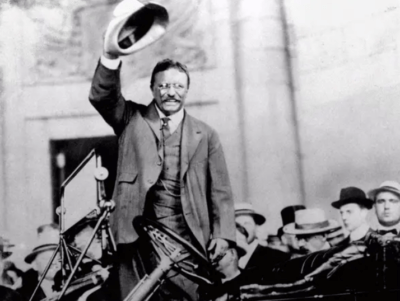Nathan J. Robinson spent some time with an old leftist mag called New Masses. And he suggested in a recent issue of Current Affairs that we need more leftist cultural spaces.
From 1926 to 1948, New Masses created an entire system of leftist cultural spaces. It included poetry, fiction, cultural analysis, music, and art. And it did all these things in addition to the political analysis one might expect from a leftist mag. Its Stalinism aside, the mag created a playful, insightful space for leftists to engage with one another.
Robinson flirts with the idea of creating new leftist cultural spaces in the 21st century. Wouldn’t that be a grand idea? At least, Robinson muses that it would be.
Would it?
Maybe. I’m far from opposed to it, at least in principle. But mass cultural narratives in the 21st century create special difficulties for us.
But I want to ask a different question. How would these leftist cultural spaces differ from what we already have?
Let’s face it. The internet encourages leftists to create all sorts of cultural bubbles. Especially Internet based bubbles. Leftists spend a lot of time talking to one another on platforms like Twitter (or Xitter, my favorite term for it). In those spaces, they offer often lousy political analysis, and they compete with one another to see who can use the most elevator words and express the most ultra-progressive sentiment.
So, I’m open to the idea Robinson proposes. But I also want to hear how we can make it better than what we have now. How do we keep leftist cultural spaces from degenerating into Internet based cultural and sub-cultural bubbles?
What do readers think?



